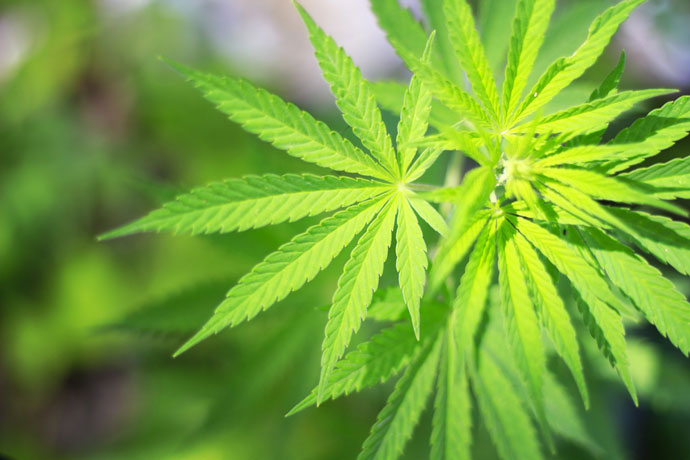Legal Pot To Bring Big Tax Revenues For Washington And Colorado
Money may not grow on trees, but the recent legalization of recreational marijuana use in Colorado and Washington has shown that it just may grow on weed.
In Washington state alone, a forecast presented by the Economic and Revenue Forecast Council (ERFC) projects legal weed to bring in $190 million in tax revenues over a four-year period beginning in 2015.
The forecast model expects to generate $51 million in the first two years and an additional $138.5 million from 2017-2019. The state projects about half of that revenue will come in the form of retail sales taxes and business taxes, with the rest made up of excise tax and licensing fees.
Though the sale of recreational marijuana is not yet available in the state, the passage of Initiative 502 in 2012 did make it legal for purchase at licensed stores beginning in June of this year. Unfortunately for advocates of the law, logistical problems and local moratoriums could push that date back to June 2015. Thus, the $190 million projection is only an estimate as of now. Over the next few years as the market grows and laws are revised, the tax revenue generated could differ from initial estimates.
Fortunately for the Washington model, the only other state to legalize recreational pot is exceeding tax expectations from the marijuana market. Colorado, which opened doors for retail sales on January 1, is estimated to rake in $98 million in taxes from $610 million in projected marijuana sales. In the first week of January alone, sales in Colorado exceeded $5 million. If Washington enjoys the same success, the ERFC projection is likely to uphold.
In Colorado where sales are already strong, Gov. John Hickenlooper has proposed a plan to reinvest pot tax revenue into six priority outlets for spending. These will include youth prevention programs, substance abuse treatment, and public health issues. With $190 million in extra revenue, Washington is likely to follow a similar path.
The tax revenue generated from sales of pot has long been one of the major selling points for legalization. Though the drug remains illegal under federal law, the progress in Colorado and Washington has proved that legality could provide states with additional budget room for schools, health care, social programs, and public health.
In the meantime, opponents remain skeptical that the costs to implement working programs, regulation, and enforcement will outweigh any revenue made from sales. In the end, only time—and consumer demand—will tell.










































